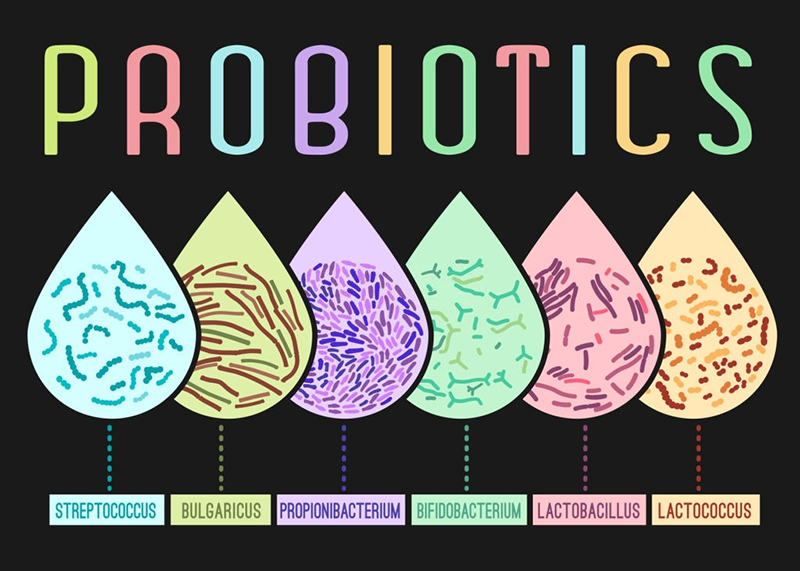Introduction:
Gut health is crucial for overall well-being as it is linked with the immune system, brain function, and many other aspects of health. One way to maintain good gut health is by taking probiotics or antibiotics.
What are probiotics?
Probiotics are live microorganisms that provide health benefits when consumed in adequate amounts. They are often referred to as ‘good bacteria’ and are found in some foods, such as yogurt, kefir, and sauerkraut, as well as in dietary supplements.
How do probiotics work?
Probiotics work by restoring the natural balance of bacteria in the gut. They help reduce the growth of harmful bacteria, increase the production of beneficial substances, and strengthen the gut lining. Probiotics can also help with digestive issues, such as diarrhea and constipation, and boost the immune system.
What are antibiotics?
Antibiotics are medicines used to treat bacterial infections. They work by killing or inhibiting the growth of bacteria. Antibiotics are available in many forms, including pills, capsules, creams, and injections.
How do antibiotics work?
Antibiotics work by targeting and killing the harmful bacteria that cause infections. Unfortunately, antibiotics cannot distinguish between harmful and beneficial bacteria, and they can also kill the good bacteria in the gut, leading to an imbalance that can cause digestive problems, such as diarrhea, bloating, and gas.
The difference between probiotics and antibiotics:
The main difference between probiotics and antibiotics is the way they work. Probiotics restore the natural balance of bacteria in the gut, while antibiotics kill both harmful and beneficial bacteria, leading to an imbalance.
Which one works better for gut health?
The answer to this question depends on the individual’s specific situation. If someone is suffering from a bacterial infection, antibiotics may be necessary to eliminate the harmful bacteria. However, if someone wants to maintain good gut health or is suffering from digestive issues, probiotics may be the way to go. It is important to note that probiotics cannot replace antibiotics in the treatment of bacterial infections.
Conclusion:
In summary, both probiotics and antibiotics have their place in maintaining good gut health. While antibiotics are necessary to treat bacterial infections, they can also cause an imbalance in the gut microbiome. Probiotics, on the other hand, can help restore the balance of bacteria in the gut and improve digestion and immune function. Talking to a healthcare provider is the best way to determine which one is right for you.







